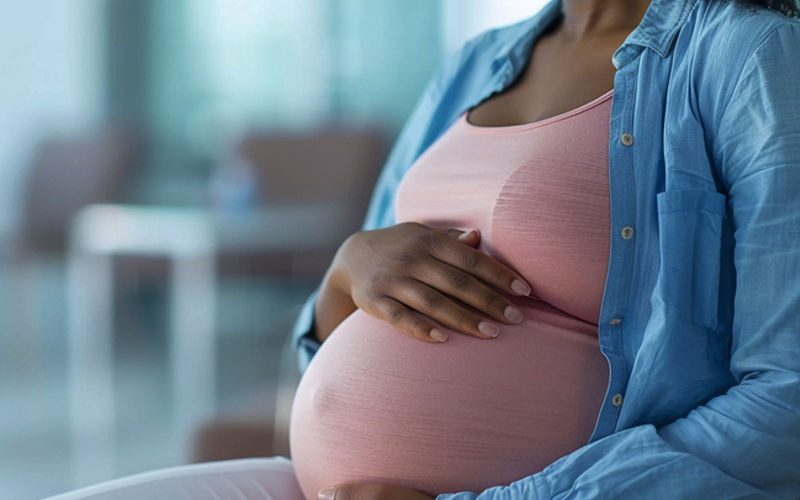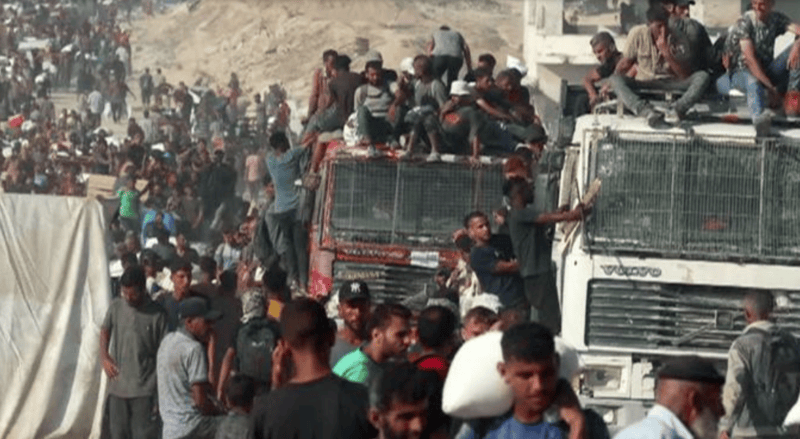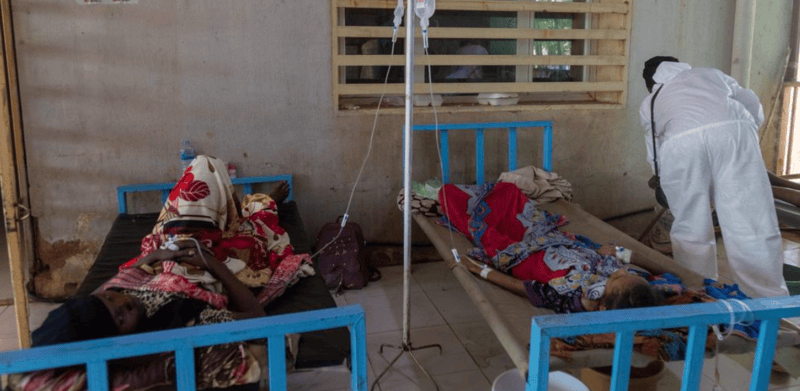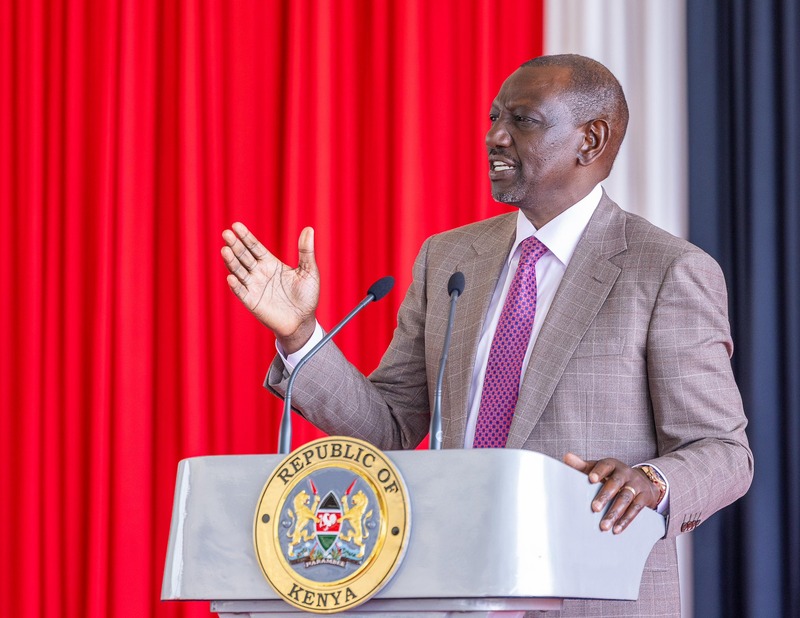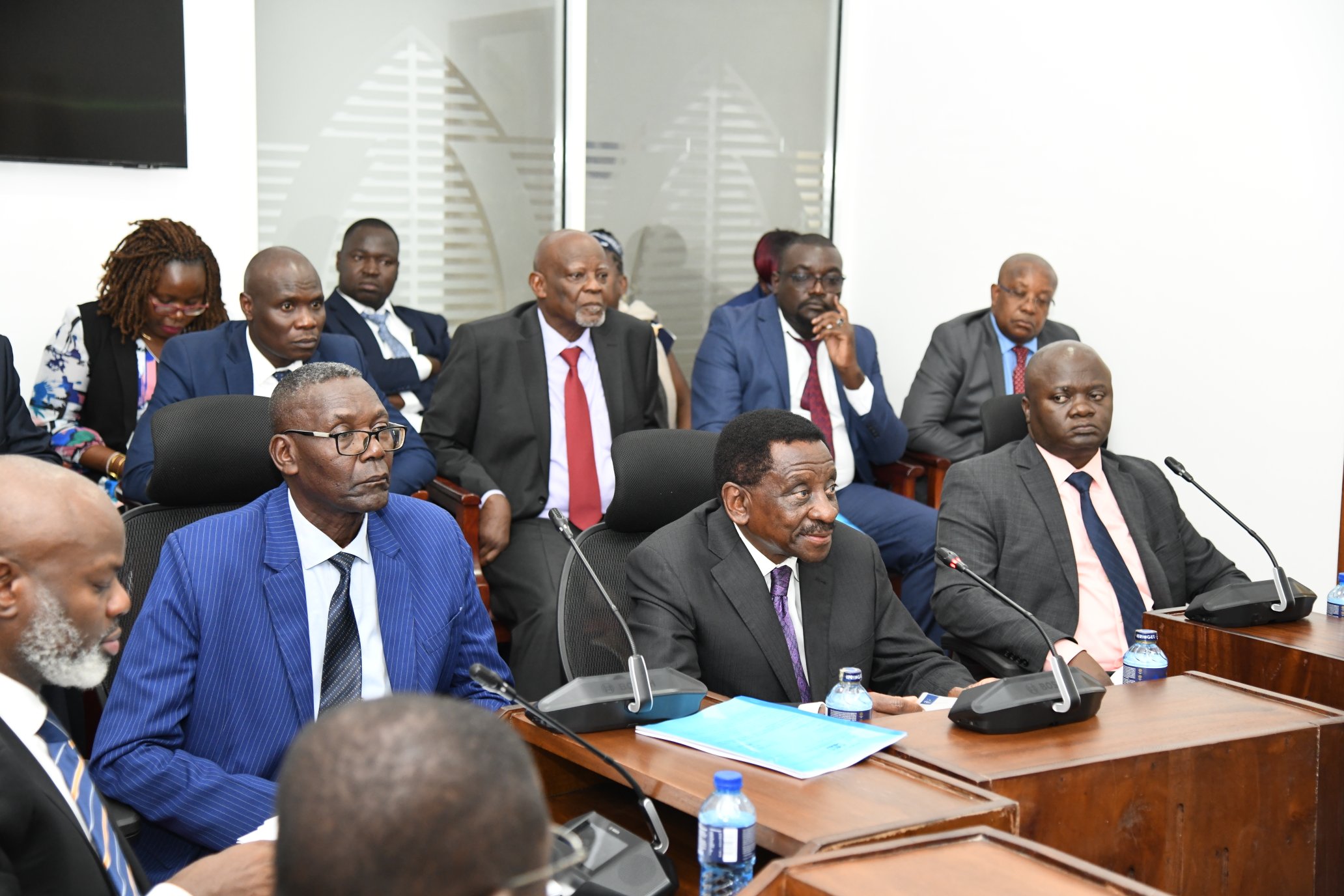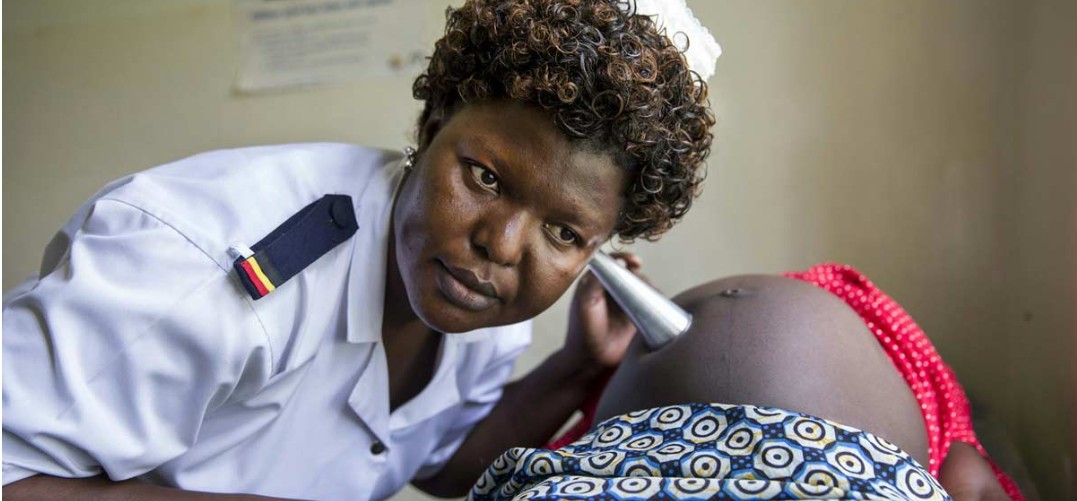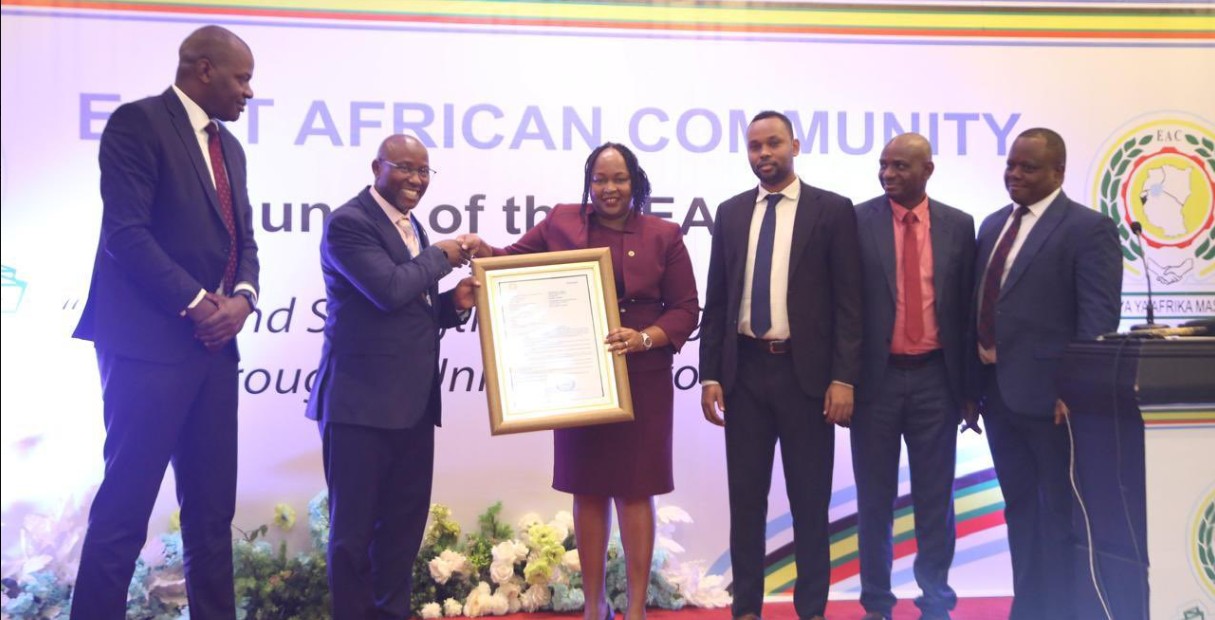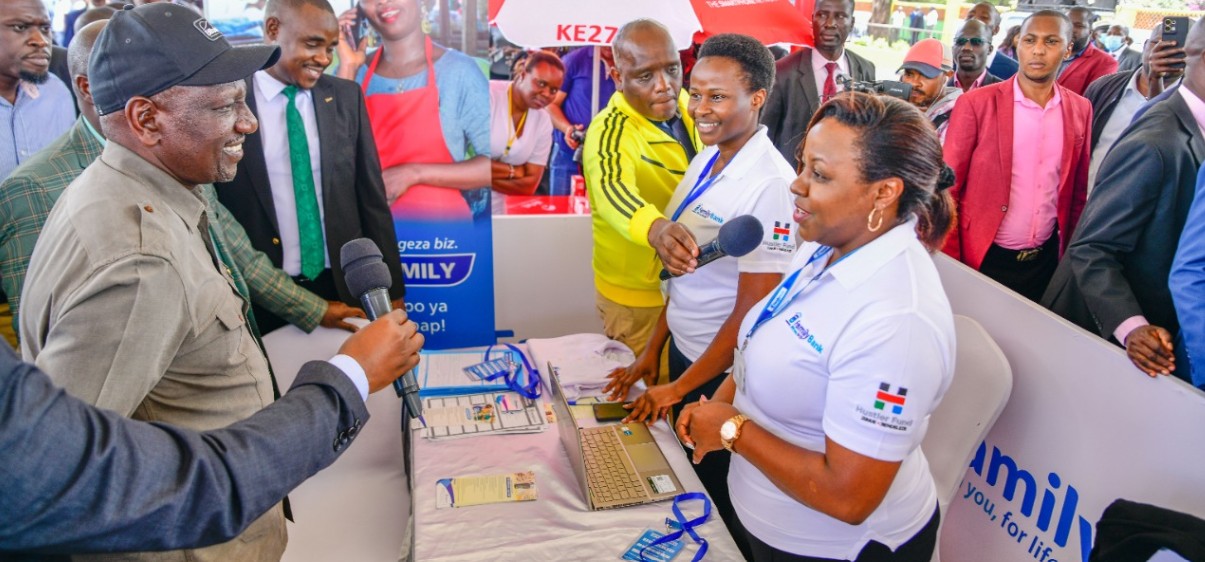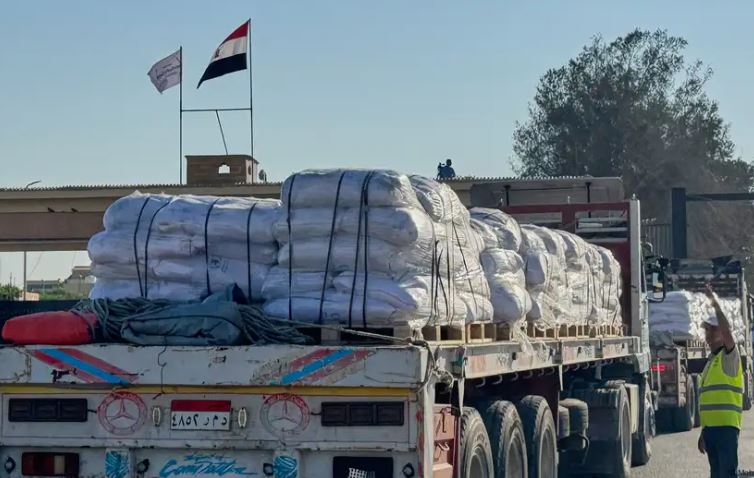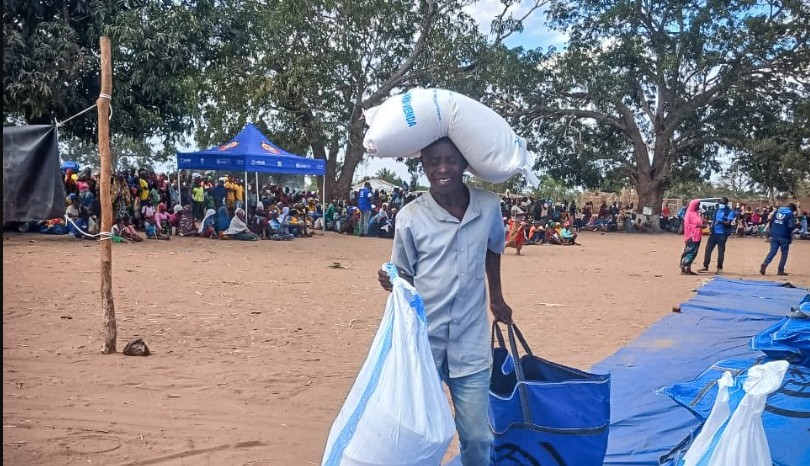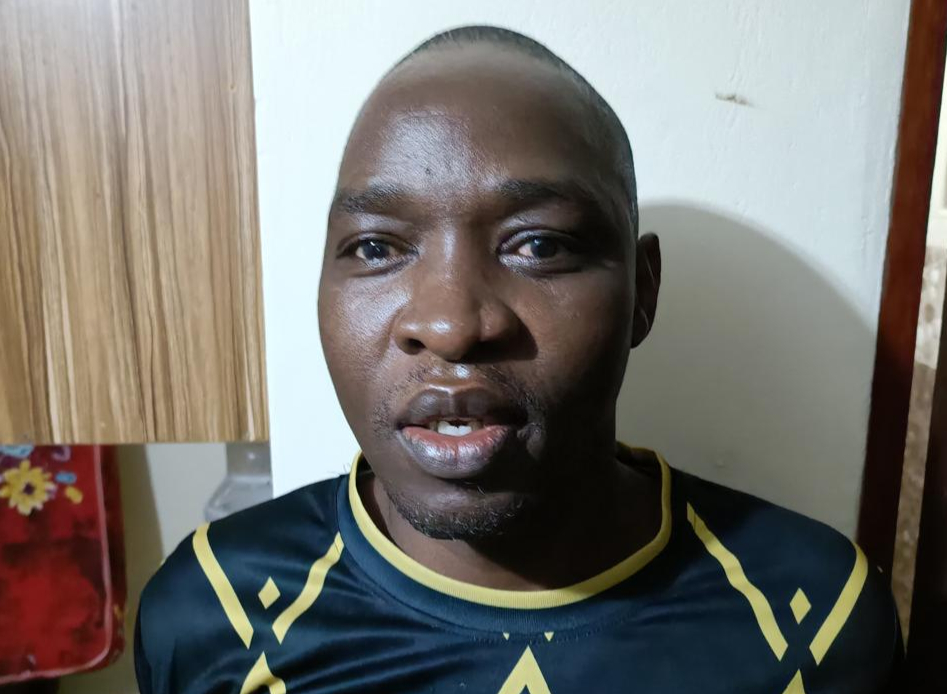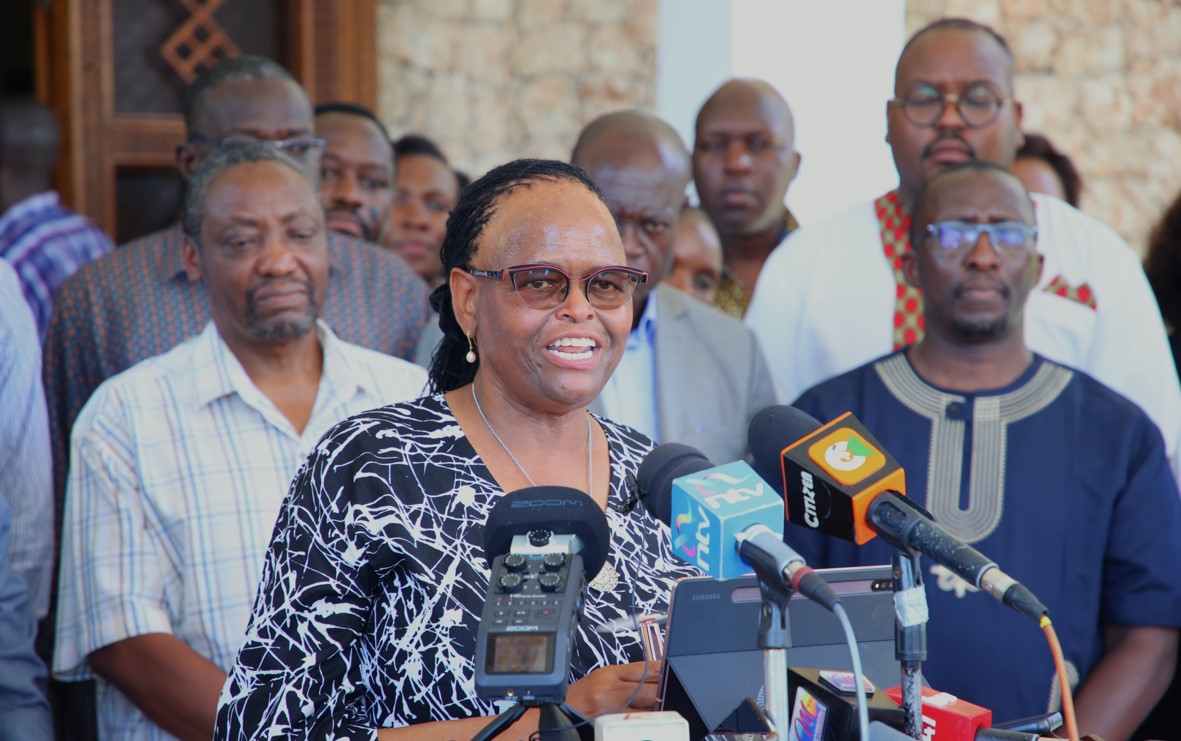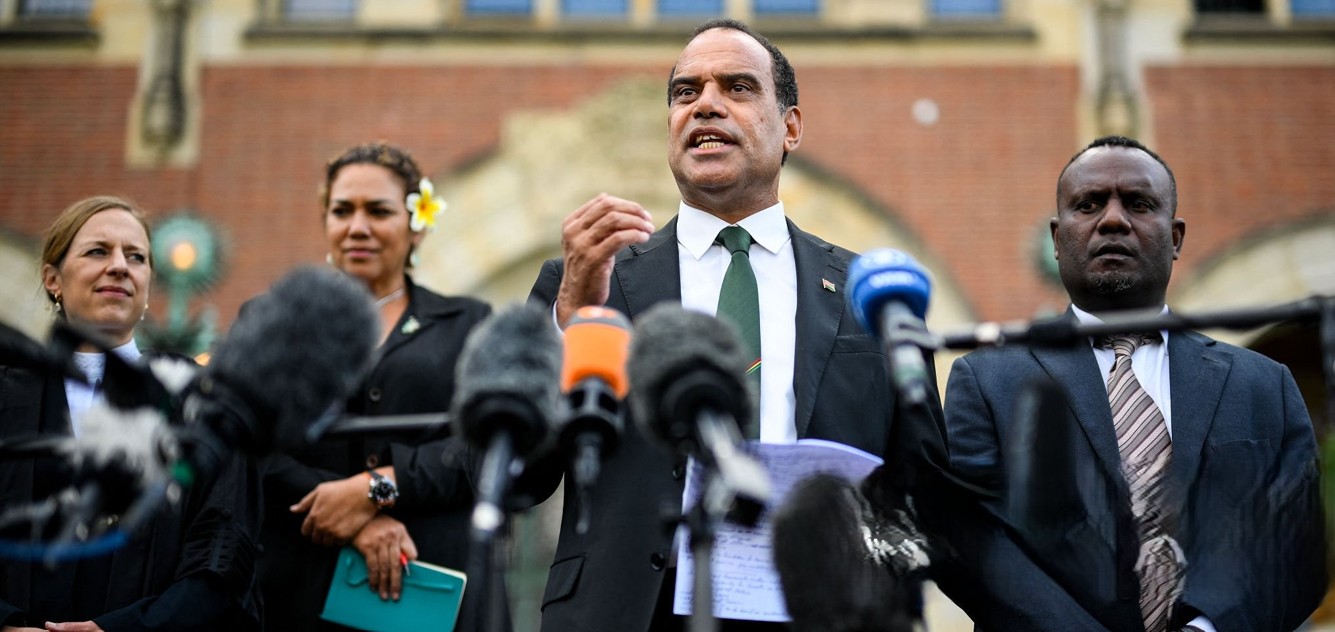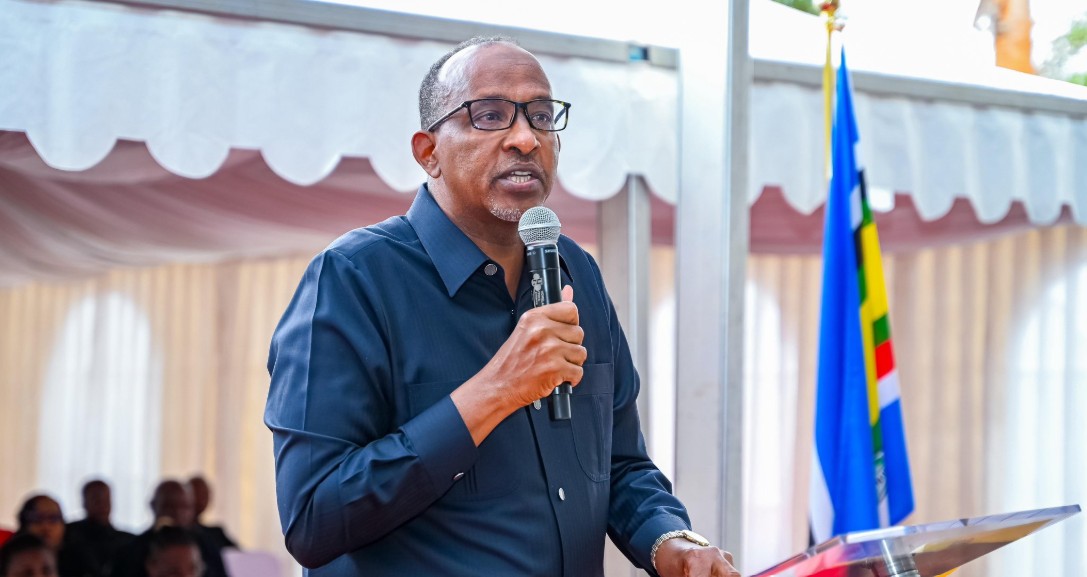Raila to lead Saba Saba Day tributes at Kamukunji, urges reflection on democracy
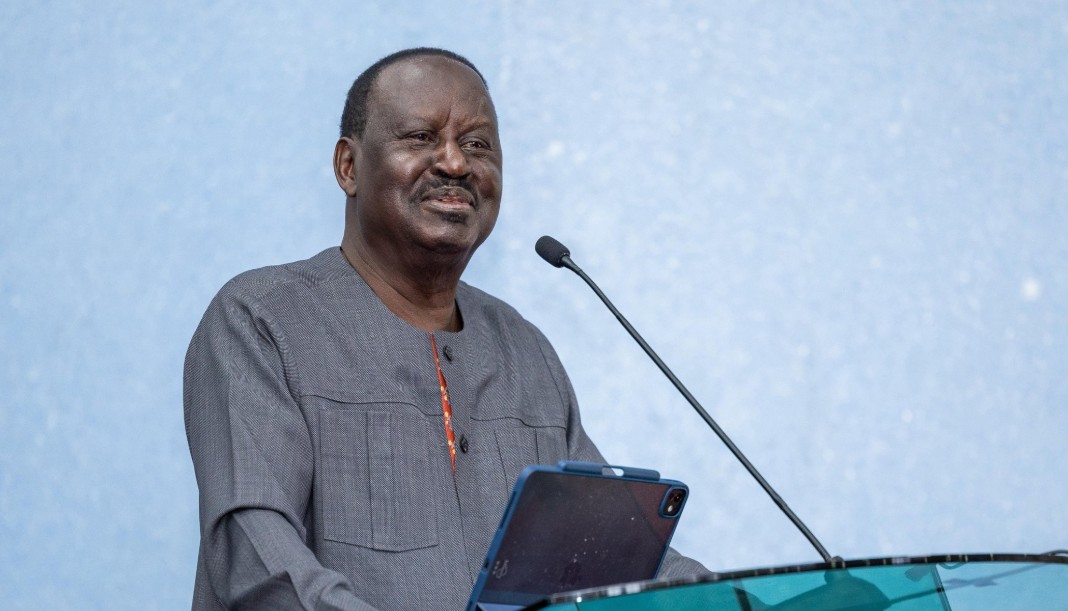
This year’s commemoration marks 35 years since the historic Saba Saba protest on July 7, 1990, which ignited Kenya’s transition from a one-party state to a multiparty democracy.
Orange Democratic Movement (ODM) leader Raila Odinga has called on Kenyans to mark this year’s Saba Saba Day with peace and purpose by assembling at the historic Kamukunji Grounds in Nairobi, where he will lead a tribute to those who lost their lives in the struggle for democratic reforms.
Odinga described the event as a solemn tribute to the heroes of the 1990 pro-democracy protests that sparked Kenya’s transition to multiparty democracy.
More To Read
- ODM rift deepens as Edwin Sifuna, Caleb Amisi threaten mass walkout if party backs Ruto in 2027
- It's not automatic that we will support Ruto in 2027 - Millie Odhiambo
- Government sued for "systematic abuse of power" over terrorism charges against protesters
- IEBC defends decision to replace Mbadi with Kipchumba, cite 2022 ODM list
- Sifuna has a right to speak, Raila tells ODM members
- Discord in Raila's party as Sifuna, Junet and Wanga differ on support for Ruto
“If we are going to remember Saba Saba, then let’s go to Kamukunji. The road should lead to Kamukunji. I have always gone there, even quietly, on Saba Saba Day to remember those who lost their lives,” he said while speaking at his Karen residence on Sunday.
True meaning diluted
He lamented that the true meaning of Saba Saba has been diluted by some politicians seeking personal gain.
“Kamukunji has a very historical meaning. If you want to remember Saba Saba, then go to Kamukunji. If we are talking about protesting, where is it going to start and end? Let us go to Kamukunji and remember the rights of those who died fighting for the people,” he said.
Odinga also recalled the historical significance of the grounds, noting that major liberation movements were launched there.
“Saba Saba was meant to bring people together for a common cause and Kamukunji has hosted key rallies for reforms. The first rallies for pre-independence and second liberation struggles were all held at Kamukunji,” he said.
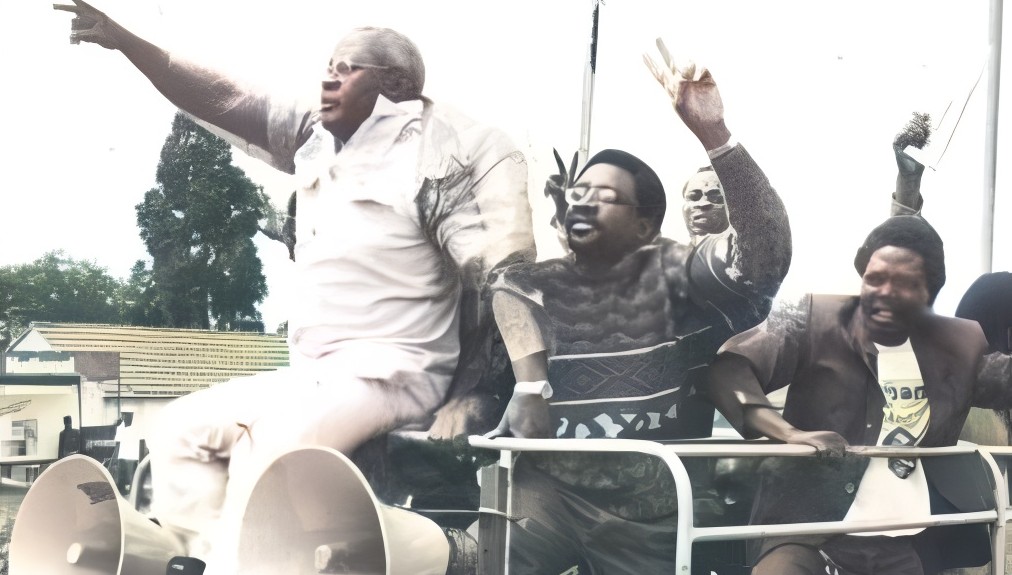 Martin Shikuku, James Orengo and other leaders when they staged the first Saba Saba protest on July 7, 1990. (Photo: Courtesy)
Martin Shikuku, James Orengo and other leaders when they staged the first Saba Saba protest on July 7, 1990. (Photo: Courtesy)
Multiparty democracy
This year’s commemoration marks 35 years since the historic Saba Saba protest on July 7, 1990, which ignited Kenya’s transition from a one-party state to a multiparty democracy.
The landmark demonstration paved the way for the repeal of Section 2A of the Constitution in 1991, effectively ending the Kenya African National Union (KANU)’s grip on power under President Daniel Arap Moi.
Odinga, who has been a constant figure in previous Saba Saba commemorations, said this year’s event comes at a time when the ideals behind the movement remain largely unmet.
“We have not achieved what Saba Saba intended. Violation of human rights is still a challenge in the country, police brutality is there, and the economy has not performed as we expected. Saba Saba was meant to bring people together for a common cause: change,” he said.
Unresolved injustices
Despite the adoption of the 2010 Constitution, he noted that many of the injustices that sparked the original Saba Saba protest remain unresolved, including a struggling economy, suppression of dissent, and continued brutality by security forces.
Odinga’s participation this year comes in the wake of his recent political alliance with President William Ruto—a move that has drawn criticism from Gen Z protestors who argue it has weakened his stance and shifted focus away from demands for accountability and regime change.
However, he maintained that his presence at Kamukunji is not about political posturing but about honouring those who laid down their lives for Kenya’s democratic space.
Second liberation
Notable figures in Kenya’s second liberation struggle include the late Kenneth Matiba, the late Charles Rubia, Mukhisa Kituyi, Paul Muite, Njeri Kathangu, and Kiraitu Murungi, among others, many of whom led the initial calls for reform in the early 1990s.
This year’s anniversary comes amid renewed anti-government protests led by Gen Z activists, who have taken to the streets in recent weeks to demand better governance, economic justice, and an end to police brutality.
However, the protests have been marred by heavy police crackdowns, resulting in injuries and fatalities, with several demonstrators also reporting attacks by unidentified groups wielding whips and clubs, who vandalise property and disrupt otherwise peaceful marches.
In response to planned Saba Saba activities, many learning institutions in urban areas have asked students to stay home and resume classes on Tuesday due to fears of disruption.
Meanwhile, the government has maintained that Monday is a normal working day.
Public Service Cabinet Secretary Geoffrey Ruku on Sunday warned civil servants against skipping work, saying disciplinary action will be taken against absentees.
“Monday is not a public holiday and all public servants are expected to report to their duty stations on time,” Ruku said.
“Anyone who fails to report will have to produce a show-cause letter. I will personally conduct spot checks across government offices.”
Top Stories Today
